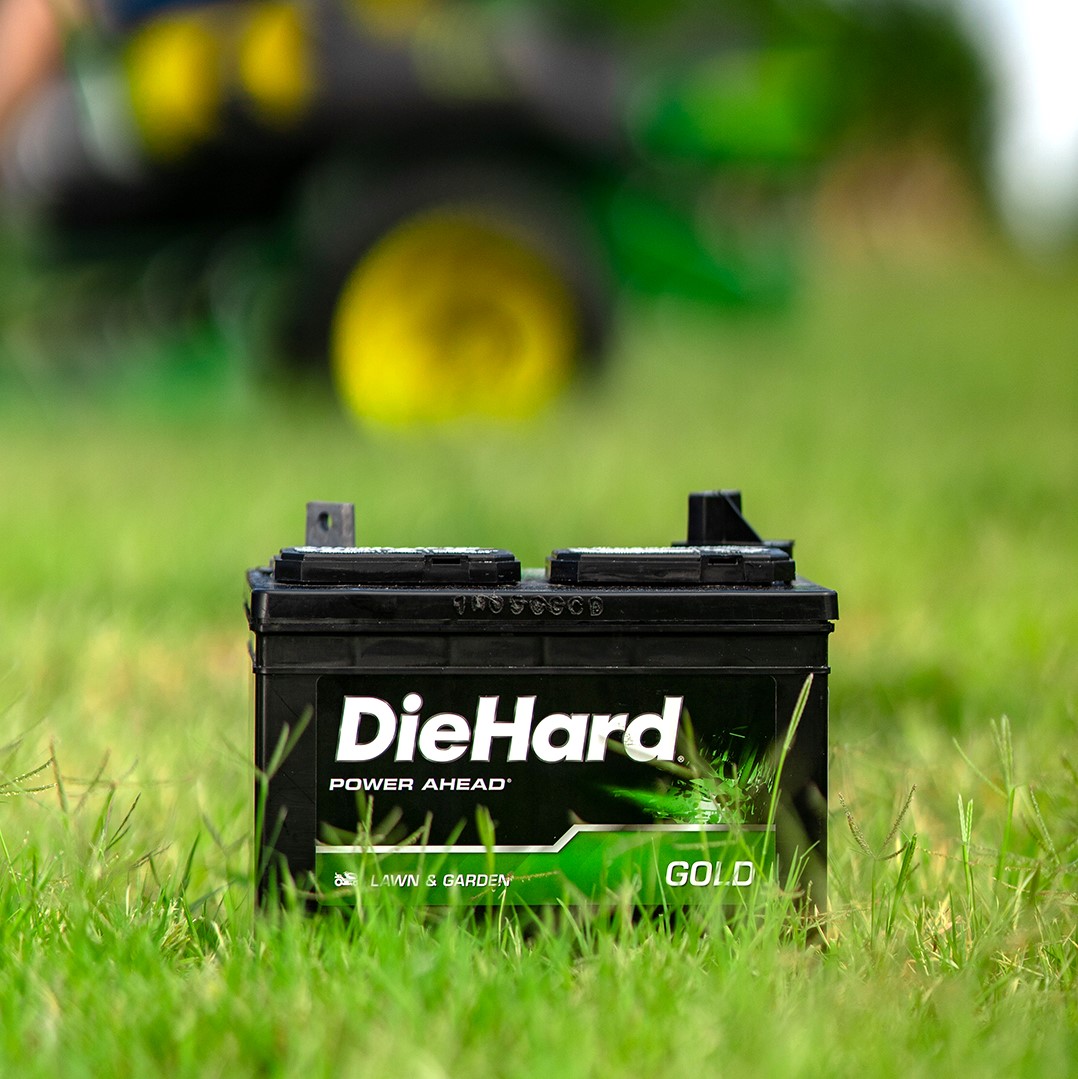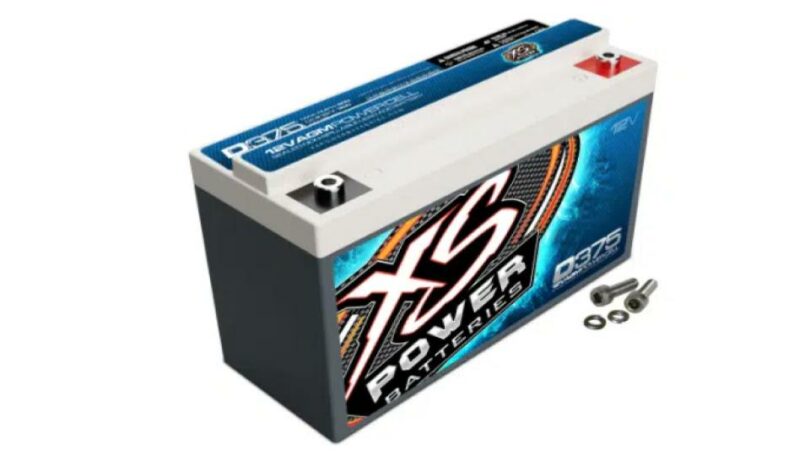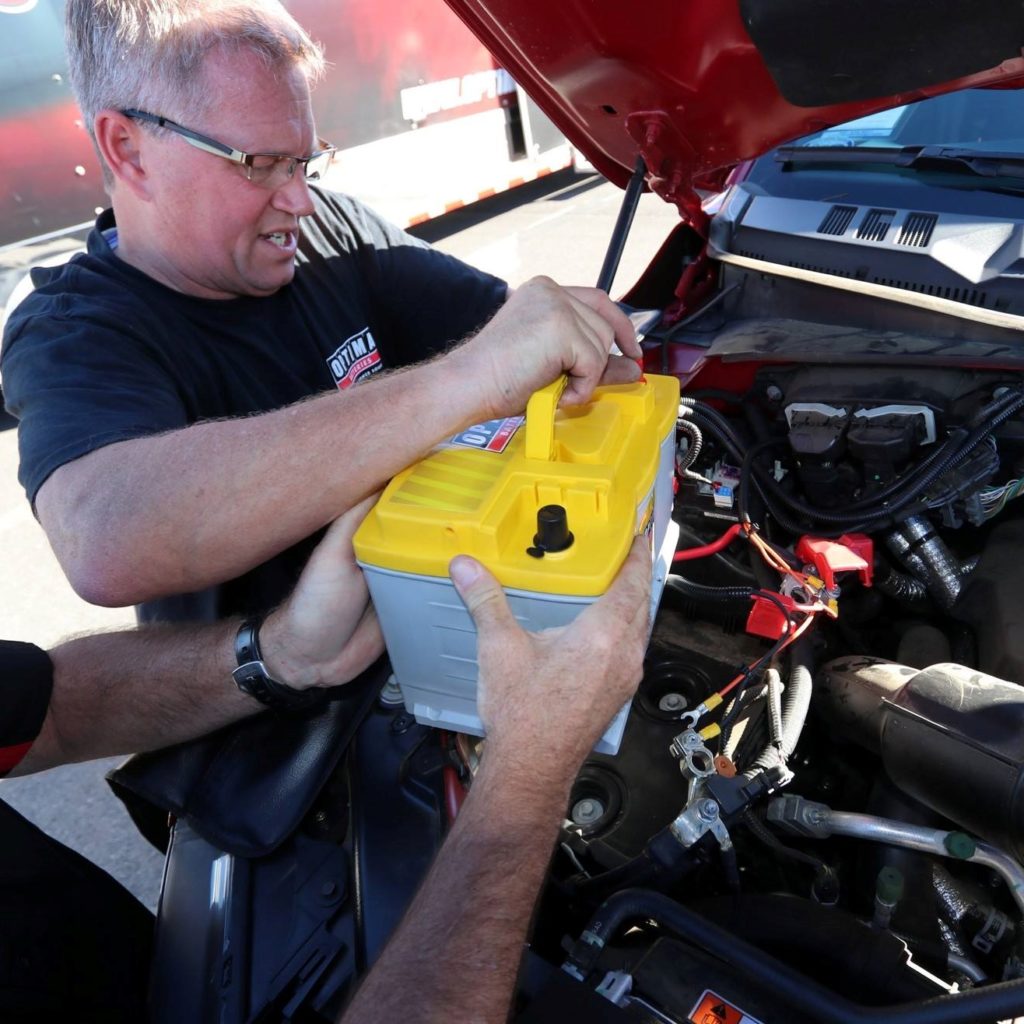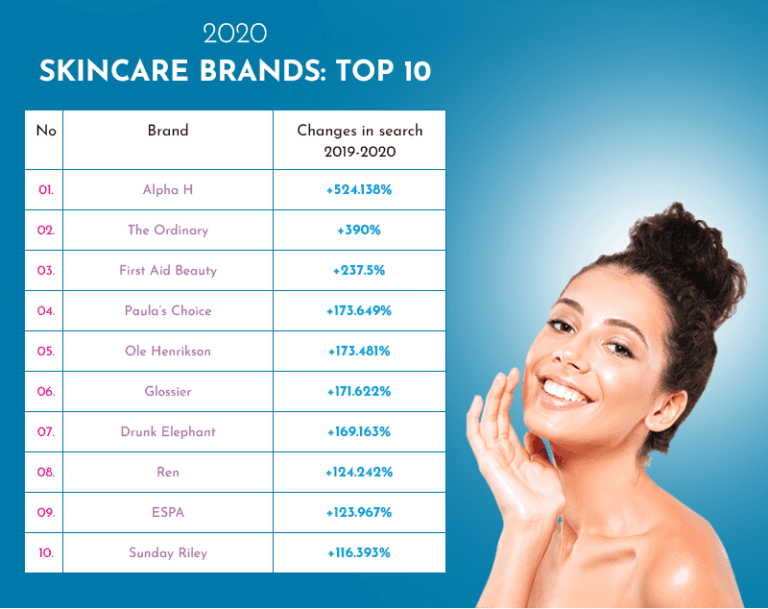Most Reliable Car Battery Brand: Powering Your Journey with Confidence
Most Reliable Car Battery Brand: Powering Your Journey with Confidence cars.truckstrend.com
Imagine this: you’re running late for an important appointment, keys in hand, only to be met by the dreaded click-click-click of a dead car battery. Few automotive frustrations are as immediate and disruptive as a battery failure. It’s a stark reminder that while often out of sight, the car battery is the silent, beating heart of your vehicle, providing the essential surge of power to start the engine and run its electrical systems.
In an era where vehicles are increasingly reliant on sophisticated electronics, the demand for a consistent, dependable power source has never been higher. This brings us to a crucial question for every car owner: what truly constitutes the Most Reliable Car Battery Brand? It’s not just about getting your car started; it’s about peace of mind, consistent performance in extreme conditions, and the longevity that saves you time, money, and unexpected headaches.
Most Reliable Car Battery Brand: Powering Your Journey with Confidence
A reliable car battery brand isn’t merely one that works out of the box. It’s a brand that consistently delivers power, withstands environmental challenges, boasts superior construction, and offers a warranty that reflects the manufacturer’s confidence in their product. This comprehensive guide will delve into the critical aspects of battery reliability, highlight leading brands, provide actionable advice on choosing and maintaining your battery, and answer your most pressing questions to ensure your vehicle is always ready to go.
What Makes a Car Battery Reliable? Key Indicators
Reliability in a car battery is a multifaceted concept, encompassing several key performance indicators and construction qualities. Understanding these factors is crucial for identifying the Most Reliable Car Battery Brand for your specific needs.
-
Cold Cranking Amps (CCA) and Reserve Capacity (RC):
- CCA: This is perhaps the most critical indicator of a battery’s starting power, especially in cold weather. It measures the number of amps a 12-volt battery can deliver at 0°F (-18°C) for 30 seconds while maintaining at least 7.2 volts. A higher CCA rating means better starting power in chilly conditions.
- RC: Reserve Capacity measures the number of minutes a fully charged battery can deliver 25 amps at 80°F (27°C) before its voltage drops below 10.5 volts. This indicates how long your vehicle’s accessories can run if the alternator fails or how long the battery can sustain power in case of a charging system issue. Higher RC is beneficial for modern cars with numerous electronic components.

-
Construction Quality and Plate Design:

- Lead-Calcium Alloys: Many modern batteries use lead-calcium alloys for their plates, which reduce water loss and self-discharge, contributing to a longer, more reliable lifespan.
- Plate Thickness and Design: Thicker plates generally equate to greater durability and resistance to corrosion and shedding. Advanced plate designs, like those found in Absorbent Glass Mat (AGM) batteries, enhance power delivery and recharge cycles.
- Casing Material: Robust polypropylene or similar materials for the battery casing provide excellent resistance to vibration, impacts, and temperature fluctuations, preventing leaks and internal damage.

-
Vibration Resistance:
- Vehicle vibrations can significantly reduce a battery’s lifespan by causing internal components (like lead plates) to break down or shed active material. Batteries designed with reinforced internal structures or specialized plate separators offer superior vibration resistance, a hallmark of a reliable battery.
-
Temperature Tolerance:
- Batteries perform differently in extreme temperatures. Cold reduces chemical reactions, demanding higher CCA. Heat accelerates internal corrosion and water loss. A truly reliable battery brand designs its products to perform optimally across a wide temperature range, offering robust performance in both blistering summers and freezing winters.
-
Warranty:
- A strong warranty is a direct reflection of a manufacturer’s confidence in their product’s reliability. Look for warranties that offer a good free-replacement period (e.g., 2-3 years) followed by a pro-rata period. The longer and more comprehensive the warranty, the more reliable the manufacturer expects the battery to be.
-
Reputation and Reviews:
- While technical specifications are vital, real-world user experiences and expert reviews offer invaluable insights. Consistently positive feedback regarding longevity, performance in diverse conditions, and customer service indicates a brand’s commitment to reliability.
Top Contenders for "Most Reliable Car Battery Brand"
While "most reliable" can be subjective and depend on specific battery models and applications, several brands consistently earn high marks for their quality, performance, and durability. These are the front-runners when considering the Most Reliable Car Battery Brand:
- Optima: Renowned for its unique Spiralcell Technology, Optima batteries offer superior vibration resistance and efficient power delivery. Their distinct color-coded tops signify their purpose: RedTop for starting power, YellowTop for deep cycling and starting (ideal for vehicles with many accessories), and BlueTop for marine/RV applications. Optima batteries are often chosen for performance vehicles, off-roaders, and those needing exceptional durability.
- Interstate: A household name in the automotive battery market, Interstate batteries are known for their widespread availability, solid performance, and reliable warranties. They offer a range of products, including their popular Mega-Tron and MTZ lines, suitable for various vehicles and climates. Their reputation for consistent quality makes them a go-to for many mechanics and consumers.
- ACDelco: As an original equipment (OE) supplier for General Motors, ACDelco batteries are designed to meet stringent specifications. They offer a wide range of batteries, including their Professional and Advantage series, known for their dependable starting power and long life, especially in GM vehicles where they are often the factory-installed choice.
- Exide: With a history spanning over a century, Exide is a global leader in battery manufacturing. They produce a diverse range of automotive batteries, often found as OEM in various car brands. Exide batteries are known for their robust construction and ability to perform well in demanding conditions.
- DieHard (Clarios): A classic name in car batteries, DieHard has consistently delivered strong performance and reliability for decades. Now manufactured by Clarios (formerly Johnson Controls), DieHard batteries, particularly their Platinum and Gold series, are known for their high CCA ratings, good reserve capacity, and solid warranties.
- NorthStar/Odyssey (EnerSys): These are premium, high-performance AGM batteries favored by enthusiasts and those requiring extreme reliability. Made with pure lead plates, NorthStar and Odyssey batteries offer exceptional cranking power, very fast recharge times, and an incredibly long cycle life, making them an excellent, albeit more expensive, choice for demanding applications or those seeking ultimate longevity.
Types of Car Batteries and Their Reliability Aspects
The type of battery plays a significant role in its overall reliability and suitability for different vehicles and uses.
-
Flooded Lead-Acid (SLA) Batteries:
- Description: These are the most common and traditional car batteries. They contain a liquid electrolyte solution that covers lead plates.
- Reliability Aspects: They are cost-effective and generally reliable if properly maintained. However, they are susceptible to vibration damage, require occasional water top-offs (for conventional versions), and can leak acid if tipped. Sealed Maintenance-Free (SMF) versions reduce maintenance but are still liquid-filled.
- Best For: Standard vehicles with basic electrical needs, budget-conscious buyers.
-
Absorbed Glass Mat (AGM) Batteries:
- Description: In AGM batteries, the electrolyte is absorbed into mats of fine glass fibers between the plates. They are sealed, spill-proof, and maintenance-free.
- Reliability Aspects: Generally considered more reliable than SLAs. They offer superior vibration resistance, faster charging, higher CCA and RC, and a longer lifespan. Their sealed design prevents leaks and makes them safer. They are ideal for vehicles with Start-Stop technology or numerous electronic accessories.
- Best For: Modern vehicles with high electrical demands, vehicles in extreme climates, off-roaders, performance cars.
-
Gel Cell Batteries:
- Description: Similar to AGM, but the electrolyte is suspended in a silica gel.
- Reliability Aspects: Excellent for deep cycling applications (e.g., RVs, marine), very vibration resistant, and completely spill-proof. However, they are sensitive to overcharging, which can damage them, and generally have lower CCA ratings than AGM or SLA. Less common for primary car starting batteries.
- Best For: Deep cycle applications where steady, long-term power discharge is needed.
-
Lithium-Ion (LiFePO4) Batteries:
- Description: An emerging technology for automotive starting batteries, particularly Lithium Iron Phosphate (LiFePO4).
- Reliability Aspects: Extremely lightweight, very high power density, incredibly long cycle life (thousands of cycles vs. hundreds for lead-acid), and faster charging. They are also stable across a wide temperature range. However, they are significantly more expensive upfront and require specific charging systems. Their reliability for mainstream automotive use is still evolving but shows great promise.
- Best For: High-performance vehicles where weight reduction is crucial, luxury cars, future mainstream adoption.
Choosing the Right Reliable Battery for Your Vehicle
Selecting the Most Reliable Car Battery Brand also means choosing the right battery model for your specific vehicle and driving habits.
- Consult Your Vehicle’s Manual/OEM Recommendations: Always start here. Your car’s manufacturer specifies the required battery group size (e.g., Group 24, 34/78, 65), minimum CCA, and often the RC. Using the correct size and specs ensures proper fit and performance.
- Consider Your Climate: If you live in an extremely cold region, prioritize a battery with a higher CCA rating. If you’re in a very hot climate, look for batteries designed with enhanced heat resistance, as heat is a major battery killer.
- Evaluate Your Driving Habits:
- Frequent Short Trips: If you often make short drives, your alternator may not fully recharge the battery. Consider a battery with good reserve capacity or an AGM battery that recharges more efficiently.
- Long Commutes: Regular, longer drives help keep your battery fully charged, reducing strain.
- Assess Electrical Demands: Do you have aftermarket stereos, lighting, multiple charging devices, or other power-hungry accessories? These increase electrical load, potentially requiring a battery with higher RC or an AGM battery designed for deep cycling.
- Set a Budget: While a reliable battery is an investment, battery prices vary. Balance your budget with the features and warranty offered by different reliable brands. Often, spending a little more upfront on a quality battery saves you money and hassle in the long run.
- Check the Manufacturing Date: Batteries degrade over time, even when not in use. Look for a fresh battery, ideally manufactured within the last 6 months, usually indicated by a code on the battery casing.
Maximizing Your Battery’s Lifespan: Maintenance Tips for Reliability
Even the Most Reliable Car Battery Brand will fail prematurely without proper care. Simple maintenance can significantly extend your battery’s life and ensure its reliability.
- Keep Terminals Clean: Corrosion (a white, powdery substance) on battery terminals restricts current flow. Clean them regularly with a wire brush and a baking soda-water solution. Apply an anti-corrosion spray or grease to prevent future buildup.
- Check Battery Charge Regularly: Use a voltmeter to check the battery’s voltage. A fully charged 12V battery should read around 12.6 volts or higher when the engine is off. If it consistently reads lower, consider charging it.
- Avoid Deep Discharges: Repeatedly draining your battery completely can significantly shorten its lifespan, especially for traditional flooded batteries not designed for deep cycling.
- Drive Regularly or Use a Maintainer: Frequent short trips prevent the alternator from fully recharging the battery. If your car sits for extended periods, use a trickle charger or battery maintainer to keep it topped off.
- Insulate from Extremes: In extremely hot climates, a battery thermal blanket can help protect it from excessive heat. In cold climates, ensuring the battery is fully charged prevents freezing.
- Secure the Battery: Ensure the battery is securely clamped down in its tray. Excessive vibration can cause internal damage.
- Professional Testing: Have your battery tested periodically (e.g., annually) by a mechanic. They can perform a load test to assess its overall health and predict potential failure.
Price Table: Examples of Reliable Car Battery Brands and Estimated Costs
It’s important to note that exact prices vary widely based on battery group size, specific model, retailer, promotions, and geographical location. The table below provides estimated price ranges for common battery types from the most reliable car battery brands.
| Brand Name | Typical Battery Types Offered | Key Features / Why Reliable | Estimated Price Range (USD) | Common Applications |
|---|---|---|---|---|
| Optima | AGM (RedTop, YellowTop, BlueTop) | Spiralcell Technology, extreme vibration resistance, deep cycle (Yellow) | $200 – $380+ | Performance, Off-road, Heavy-duty audio, Marine |
| Interstate | SLA, AGM (Mega-Tron, MTZ) | Widespread availability, strong warranty, reliable starter | $150 – $320+ | Everyday vehicles, Trucks, SUVs |
| ACDelco | SLA, AGM (Professional, Advantage) | OEM quality for GM, robust, dependable performance | $120 – $280+ | GM vehicles, General automotive applications |
| Exide | SLA, AGM (various series) | Long history, diverse product range, good cold weather performance | $120 – $290+ | Wide range of passenger vehicles and light trucks |
| DieHard (Clarios) | SLA, AGM (Platinum, Gold) | Strong CCA, good warranty, long-standing reputation | $130 – $310+ | General automotive, Performance, High electrical needs |
| NorthStar/Odyssey | Pure Lead AGM | Extreme performance, very long cycle life, rapid recharge | $300 – $550+ | Heavy-duty, Commercial, High-performance, Off-grid |
Disclaimer: These are estimated price ranges and can vary significantly based on battery group size, specific model, retailer, and regional factors. Always verify current prices with your local supplier.
Frequently Asked Questions (FAQ) About Most Reliable Car Battery Brands
Q1: How long do reliable car batteries typically last?
A1: A reliable car battery from a reputable brand, with proper care, typically lasts between 3 to 5 years. Factors like climate (extreme heat shortens life), driving habits, and vehicle electrical demands can influence this. Premium AGM batteries from brands like Optima or NorthStar/Odyssey can sometimes last 6-8 years or more.
Q2: Is a more expensive battery always more reliable?
A2: Generally, yes. Higher-priced batteries often use superior materials (e.g., pure lead, advanced plate designs), more robust construction, and offer better performance specs (higher CCA, RC) and longer warranties. While you don’t always need the most expensive option, investing in a mid-to-high range battery from a reputable brand usually correlates with better reliability and longevity.
Q3: Can I put an AGM battery in a car that came with a flooded battery?
A3: In most cases, yes, and it’s often an upgrade. AGM batteries offer superior performance, vibration resistance, and longer life. However, modern cars with advanced charging systems (especially those with Start-Stop technology) are specifically designed for AGM batteries and may not charge a conventional flooded battery correctly. Always check your car’s manual or consult a professional.
Q4: How do I know if my car battery is failing?
A4: Common signs include slow engine cranking, dim headlights or interior lights when the engine is off, the "check battery" light on your dashboard, frequent need for jump starts, or a swollen battery case. A professional load test can definitively tell you your battery’s health.
Q5: What’s the difference between CCA and RC, and which is more important?
A5: CCA (Cold Cranking Amps) indicates the battery’s ability to start your engine in cold weather, crucial for initial ignition. RC (Reserve Capacity) measures how long your battery can power essential accessories if the alternator fails. Both are important. For cold climates, prioritize higher CCA. For vehicles with lots of electronics or frequent short trips, a good RC is also very beneficial.
Q6: Is brand more important than specifications when choosing a battery?
A6: Both are crucial. A reliable brand ensures consistent quality and performance, backing their products with a warranty. However, even the best brand offers different models. You must match the battery’s specifications (Group Size, CCA, RC) to your vehicle’s requirements and your specific driving conditions to ensure optimal performance and reliability.
Conclusion
The quest for the Most Reliable Car Battery Brand ultimately leads to a combination of factors: understanding key performance indicators, recognizing the reputation of leading manufacturers, and making an informed choice tailored to your vehicle’s needs and your driving environment. While brands like Optima, Interstate, ACDelco, Exide, DieHard, and NorthStar/Odyssey consistently stand out for their quality and durability, true reliability also hinges on selecting the right battery type (SLA, AGM, etc.) and diligently practicing basic maintenance.
Investing in a reliable battery from a reputable brand is more than just a purchase; it’s an investment in your peace of mind, ensuring your vehicle is always ready to take you where you need to go, regardless of the weather or the demands of your journey. By applying the insights from this guide, you can confidently choose the power source that keeps your vehicle’s heart beating strong, making those frustrating dead-battery moments a distant memory.






